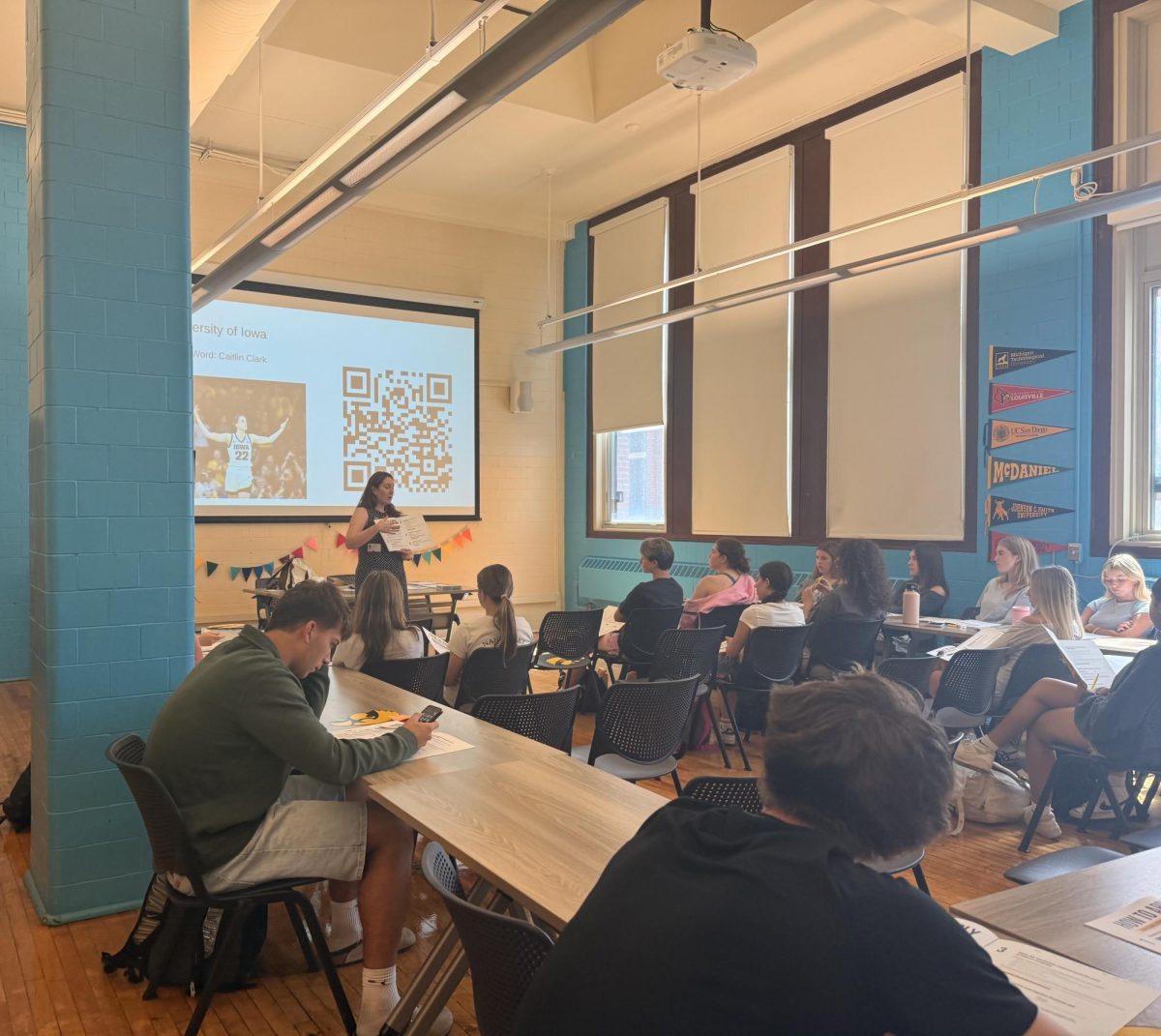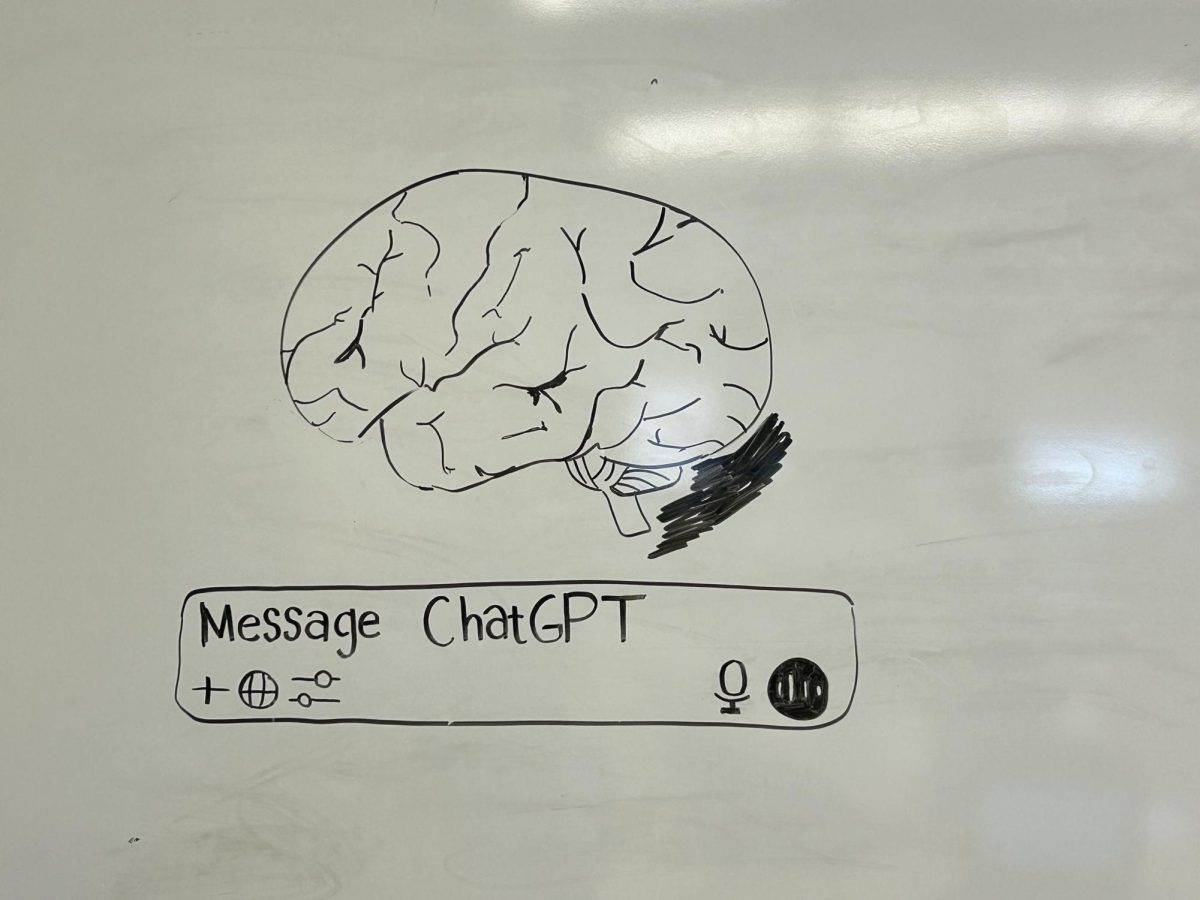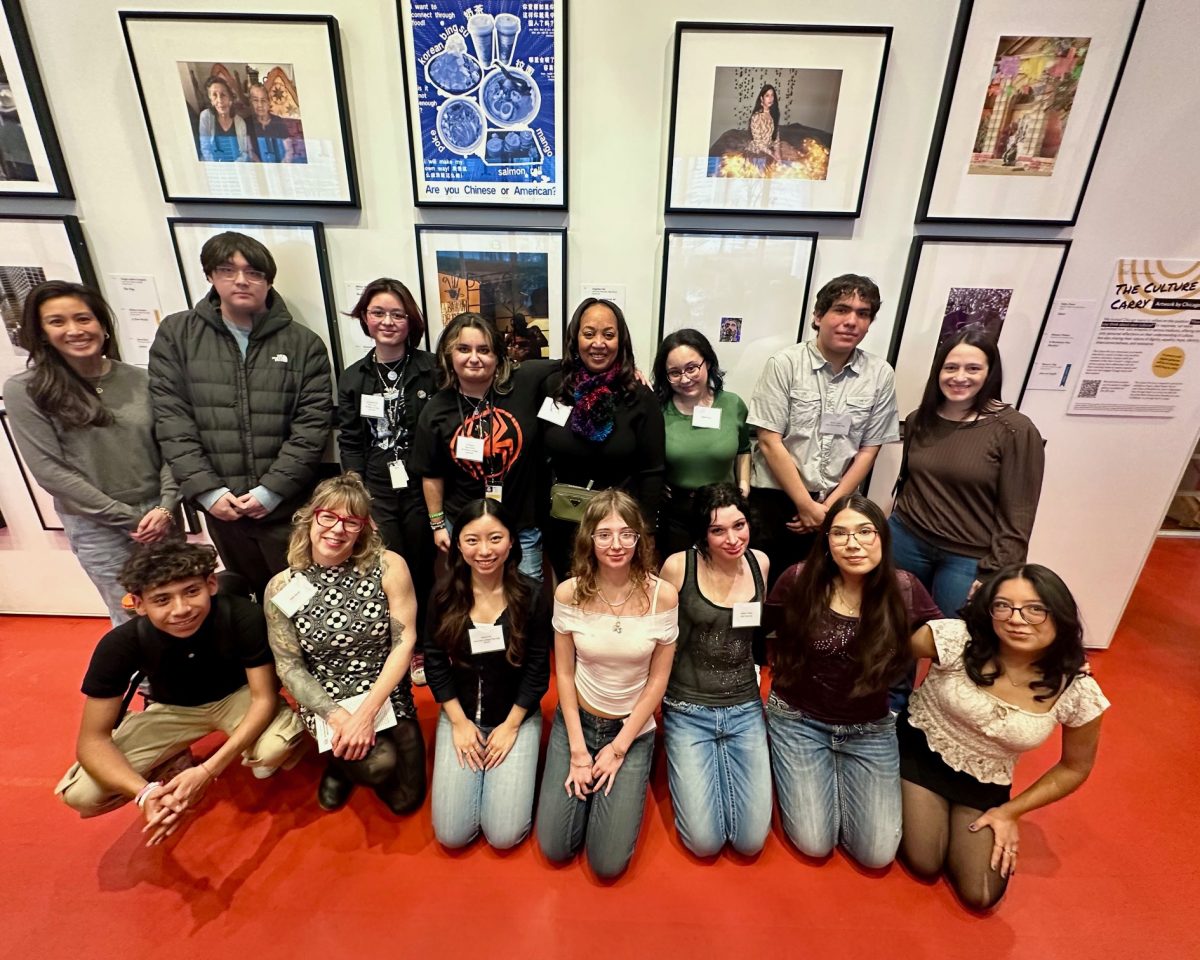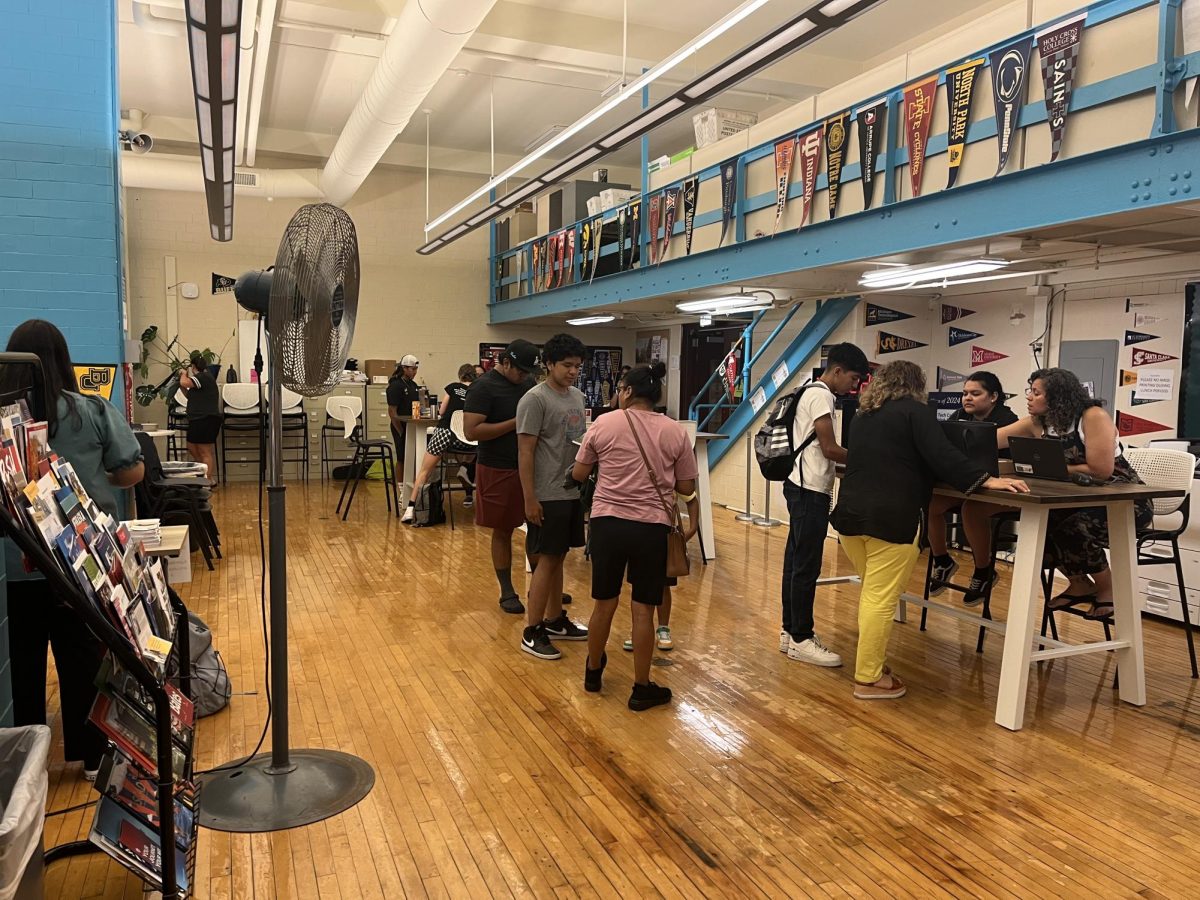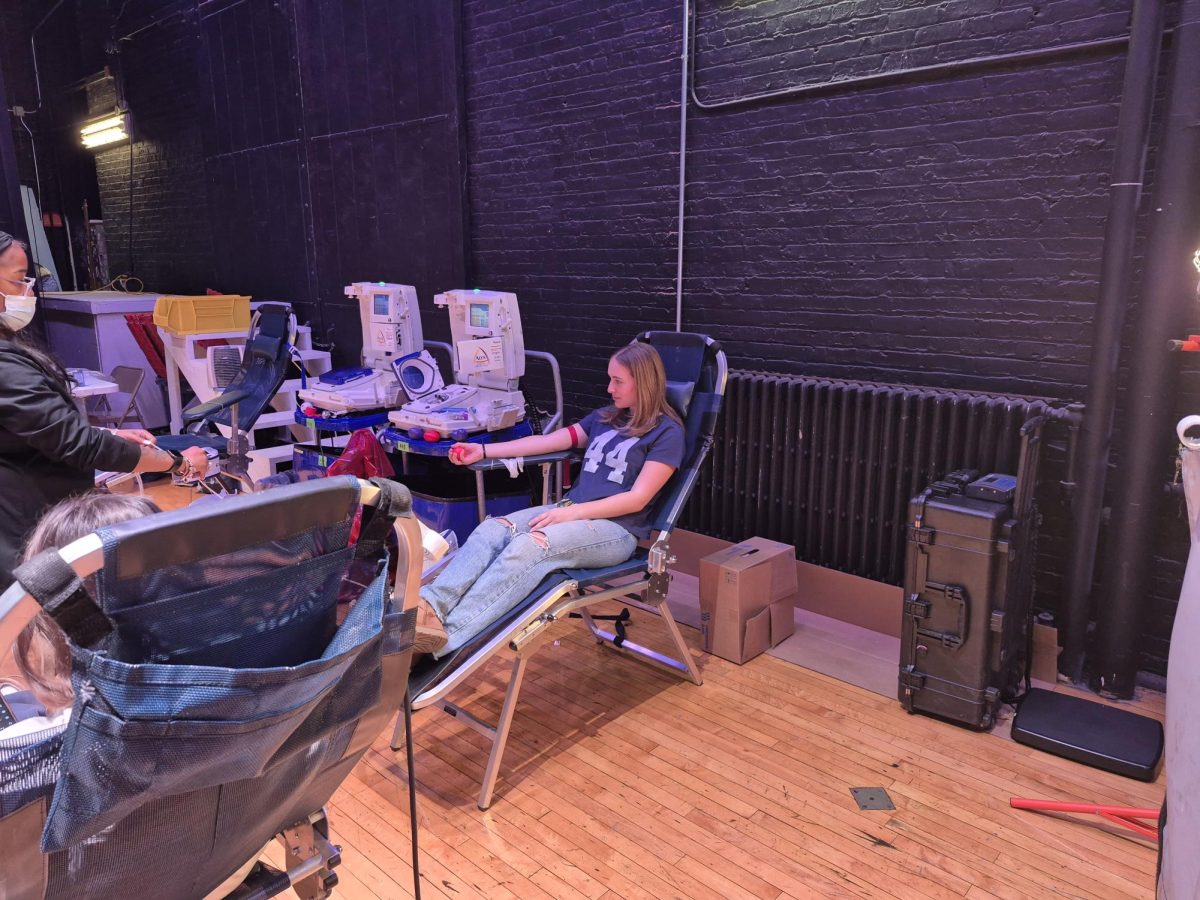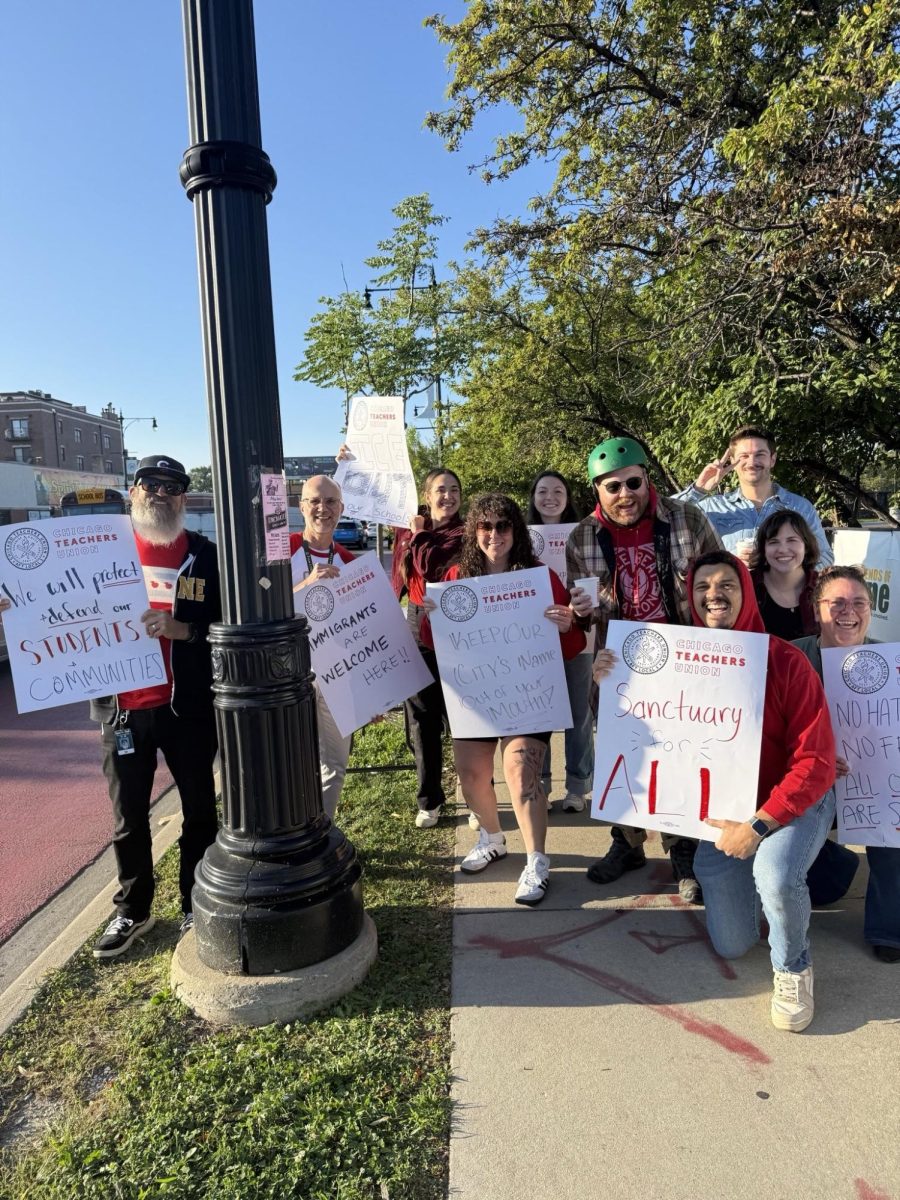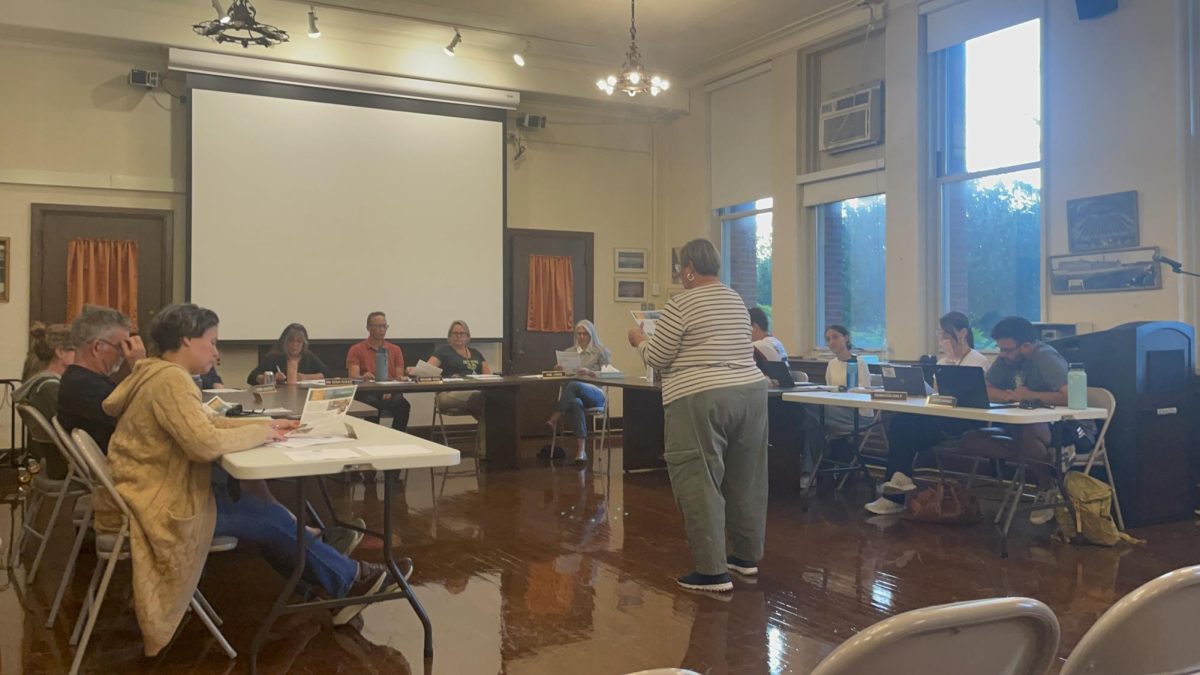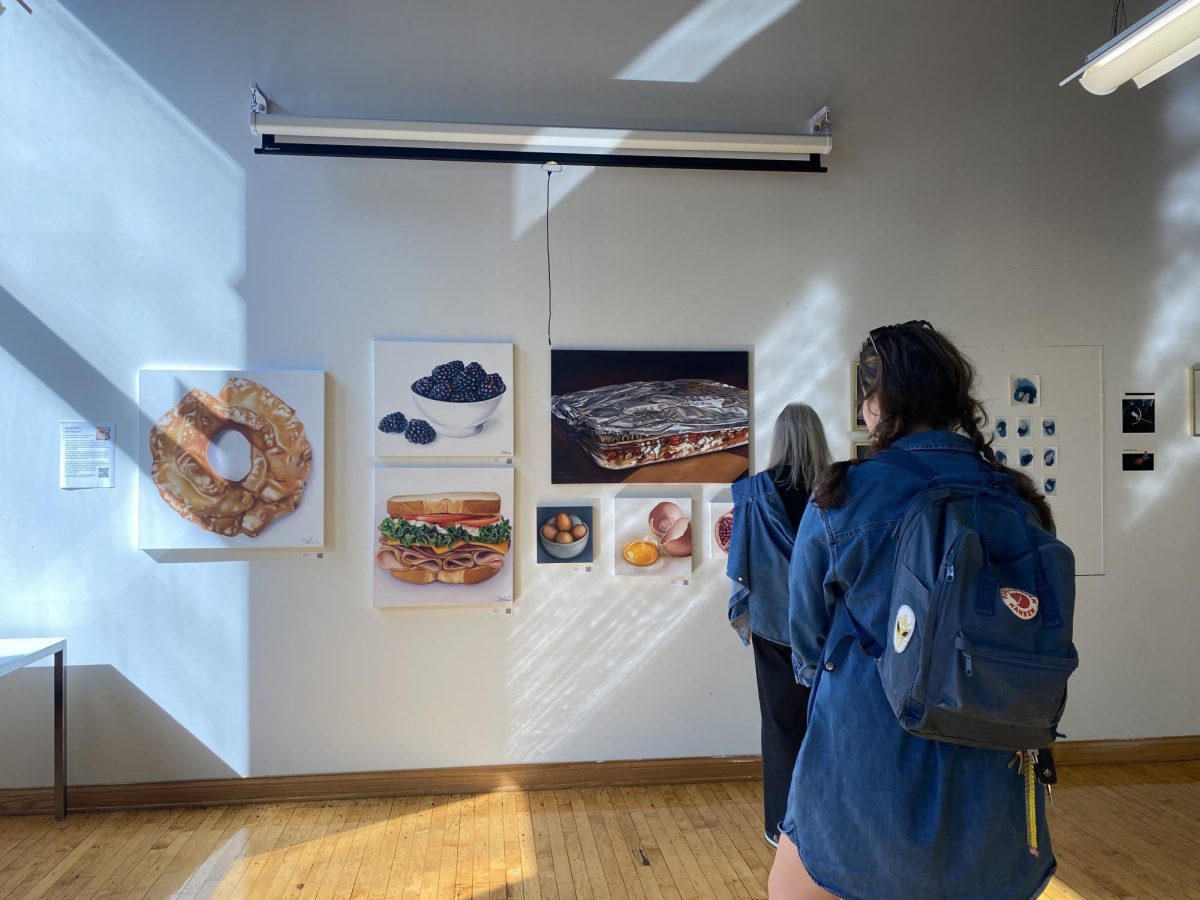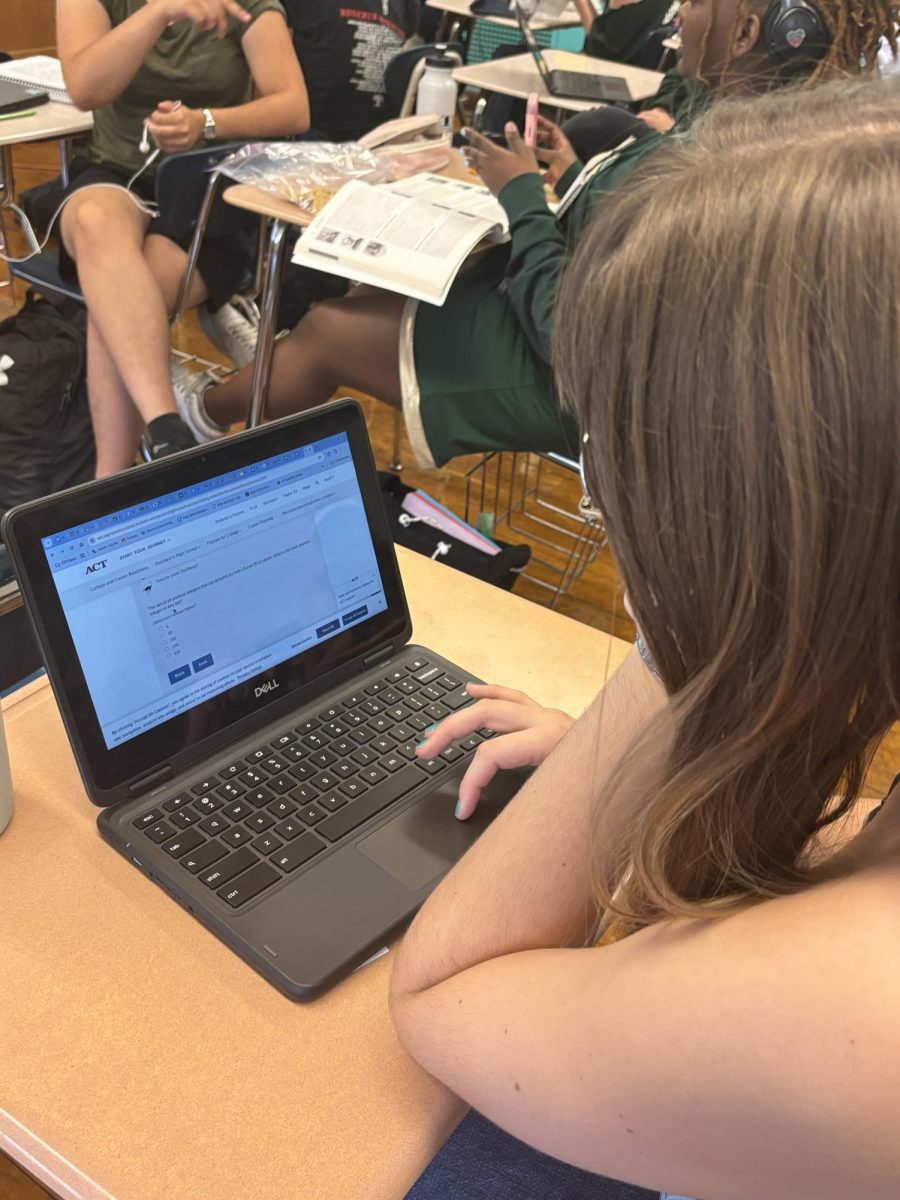For the first time in Chicago’s history, community members were given the opportunity to vote for members of the Chicago Board of Education, a shift from the previous system which had been under the control of the mayor for 30 years, according to WBEZ.
The election, held Nov. 5, is only the first of many as the Board of Education plans to fully transition their board from mayor-appointed to voter-elected by 2027, according to CBS News.
However, this was not the only significant shift this year as the school board itself tripled in size going from seven members to 21. Ten of which were voted for in this election and the rest, including the board president, were appointed by Mayor Brandon Johnson, according to Chalkbeat.
The Chicago Teachers Union (CTU) had endorsed candidates in all 10 districts, spending about $1.6 million, yet only four of their candidates were successfully elected, according to WBEZ, outlining the shift away from board members directly supported by the mayor.
For this election the city was divided into 10 voting districts which ran through several neighborhoods with about 275,000 residents each, according to WBEZ. Lane is in District 4, which according to the Sun Times includes the neighborhoods of Lincoln Park, Lake View, North Center and most of Uptown. However, students come from all over the city and other districts.
Junior Isabella Sablich, an intern at Palenque Learning Space through Neighborhood Action (LSNA), participated in the campaigning of candidates for District 3. The district encompasses parts of Logan Square, Avondale, Belmont Cragin, Hermosa, and Humboldt Park, where Carlos Riveras was elected to represent the district, defeating his opponent Jason Dónes, according to CBS News.
Palenque LSNA is a multi-issue community organization that encompasses the area including Logan Square, Hermosa, and Avondale, according to the organization.
Sablich, who initially joined Palenque through an After School Matters program, said they had a summer program made up of different cohorts that focused on a different topic.
“Education stood out to me because this would be Chicago Public Schools’ first ever [elected] school board,” Sablich said. “Additionally, I have been to many different schools and had a range of experiences, so I was curious about why that was, and wanted to use this summer program through Palenque LSNA as a way to dive deeper.”
Palenque focused on educating the Logan Square Community as the program could not endorse any candidate as they are a nonpartisan organization. Sablich said they spent time informing community members what the new historic school board is, as well as the authority board members had.
“We also planned on having a panel with the candidates, so my peers curated a survey to assess what issues are most pressing to the Logan Square community,” Sablich said. “With that information, we developed questions about the pressing issues to ask two of the District 3 candidates, to find and give voters a better sense of their values on those topics.”
Sablich emphasized the importance of informing the community members of issues that pertain to them or their family.
“It is important to understand who is making decisions for CPS students, and why having one’s values represented in a place like the CPS school board is vital to making CPS a place where students can prosper,” Sablich said.
Joanna Torres, a senior at Northeastern Illinois University and member of the Palenque LSNA program, shared a similar sentiment.
“I wanted to be involved in the [Elected Representative School Board] because I too attended CPS schools and had firsthand experience with the lack of appropriate resources available to many students in the city,” Torres said. “I graduated back in 2021, but I don’t think one’s commitment to improving our public school system should end when we leave the classroom.”
Similarly, Sablich found an interest in the election despite the end of the program.
“Even after the program I was still curious about what was going on with the other candidates of different districts, and the candidates of my own,” Sablich said.
Apart from the program at Palenque, Torres also began campaigning directly for District 3 candidate Jason Dónes.
“I didn’t expect to come out a passionate advocate for his campaign, but I’m glad it turned out that way,” Torres said. “This was a summer of listening and learning, but also sharing my experiences and teaching others. I appreciate the opportunity to have been a part of this as I believe change stems from listening to each other’s experiences and collaboratively finding solutions that target all of our interests.”
Torres also urged community members to vote despite them not having a direct involvement with CPS.
“As voters, I believe it is our duty to acknowledge that something doesn’t need to directly affect us for us to want better for the communities it does,” Torres said. “Many CPS students are not old enough to vote, so they cannot vote for the candidate they believe has their best interests in mind. We have the power to advocate for them and we should exercise that to the best of our abilities.”
Despite the results of the election for District 3, Torres shared her hopes for the future.
“I want to see the educational experiences of future generations improve rather than repeat a continuous cycle,” Torres said. “Introducing the [Elected Representative School Board] and electing candidates that actually care for their communities means hope for the future of CPS students, families, and faculty.”

